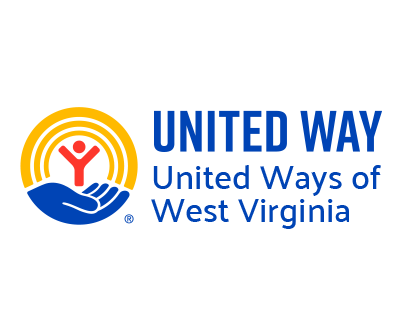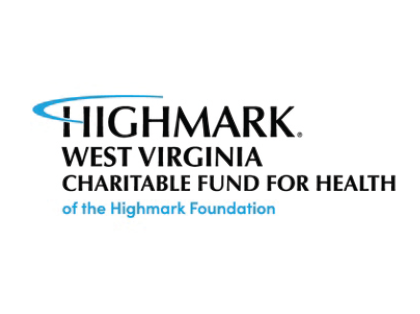Introducing ALICE
In 2023, according to the Federal Poverty Level (FPL), 17% of West Virginia households were financially insecure. Yet this measure failed to account for an additional 29% of households that were also experiencing financial hardship. These households are ALICE: Asset Limited, Income Constrained, Employed — with income above the FPL, but not enough to afford basic expenses in the county where they live.
Between ALICE households and those living in poverty, an estimated 46% of households in West Virginia were below the ALICE Threshold in 2023. Households below the Threshold are forced to make impossible choices — like deciding whether to pay for utilities or a car repair, whether to buy food or fill a prescription.
Households below the ALICE Threshold are in every state and county across the U.S. and represent all demographic groups. Workers below the ALICE Threshold often perform the jobs that keep our economy functioning smoothly — they are child care providers, food service workers, cashiers, personal care aides, delivery drivers, and more. Their stories capture the systemic and structural barriers to financial stability, and the struggles and resilience of families experiencing financial hardship.
In West Virginia, this research is brought to you by:



